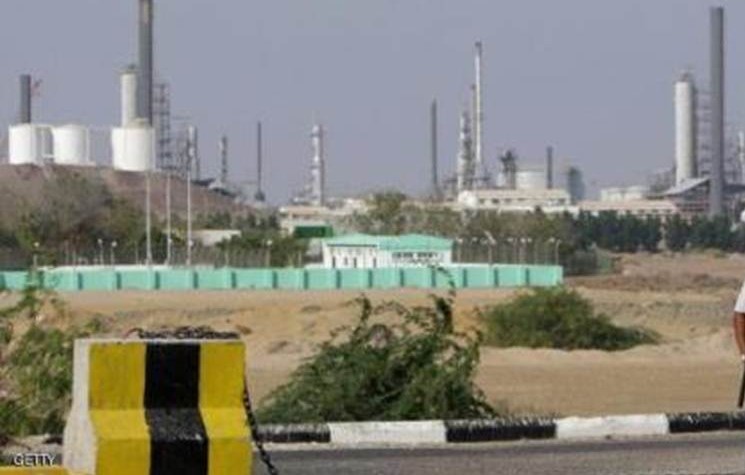Canada’s Calvalley Petroleum Facing Up To Harsh Realities of Working In Yemen

By Martin Clark
Canadian-listed Calvalley Petroleum is facing up to the realities and hardships of working in another of the Middle East’s trouble spots, Yemen.While fighting in Syria continues to dominate headlines out of the region, Yemen hit the news recently when Saudi warplanes were called in to push back rebel fighters at the request of the government.
It’s the latest incident in a long history of troubles as Yemeni authorities grapple on several fronts against both extremists and disgruntled tribespeople. At the end of February, announcing its end of year 2014 results, Calvalley reported that the country has been subject to “significant political uncertainty” in recent times and that the situation has “yet to stabilise.”
Recently, it announced that operations are being suspended at Block 51, with the operator in the process of shutting down all facilities there. “This action is being taken by the operator due to the relinquishment of the entire contract area under the Block 51 Production Sharing Agreement (PSA),” it added.
And, amidst all the trouble, activity on all capital projects is being deferred until the operating climate improves. Still, some production is flowing out of Yemen, so cash flow is coming in.The company, which operates its 50 per cent working interest in Block 9 of the Masila Basin, continues to truck its crude oil output to Block 18 for export. Average gross production from January 1 to February 27 was estimated to be at around 3,600 barrels of oil per day (bopd).
This was from several fields with the Hiswah field contributing 2,600 bopd, the Ras Nowmah field contributing 870 bopd, and the Ras Nowmah South field 130 bopd. One export shipment of crude oil occurred during the quarter, the company added, with the next shipment out of the country expected in May. In total, Calvalley sold a total of 90,000 barrels of crude during February at a price of US$56.83 per barrel.
It means there’s some cash in the bank as the company pursues diversification opportunities outside Yemen, although nothing has been pinned down to date. The board are tightening their belts in the meantime.In a bid to cut costs, the company has closed its technical office in London and is reducing working hours and salaries for management and staff in Calgary.
These are tough times for many in the industry, but in difficult environments like Yemen, it’s not just softer oil prices that are hurting companies.Canada’s Calvalley Petroleum Facing Up To Harsh Realities of Working In Yemen
Comments (0)